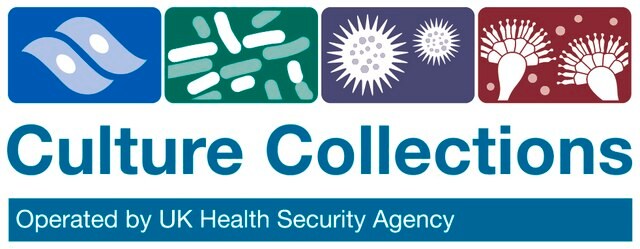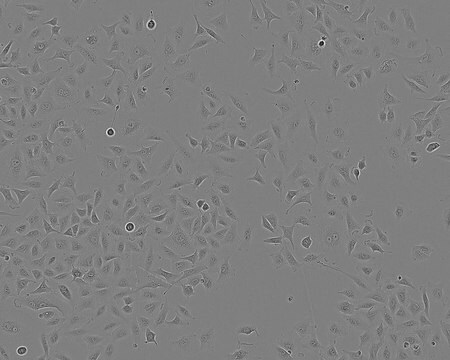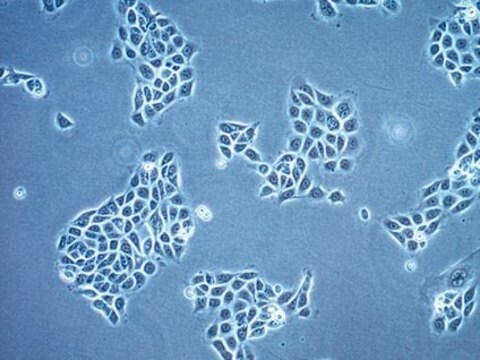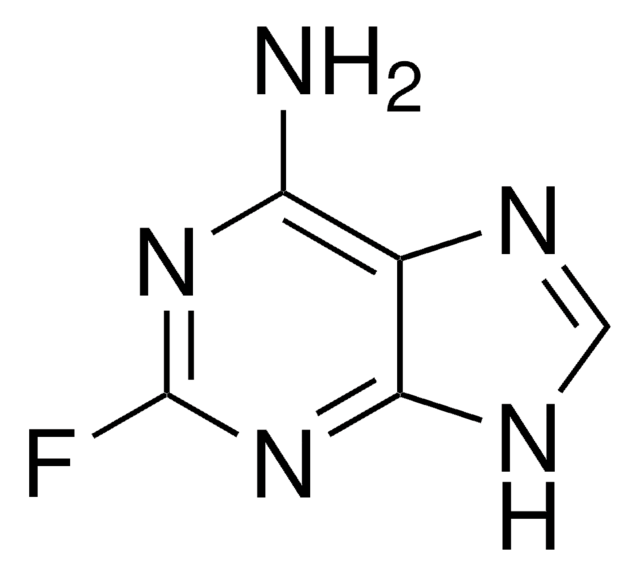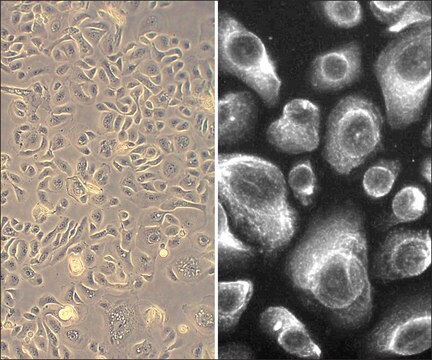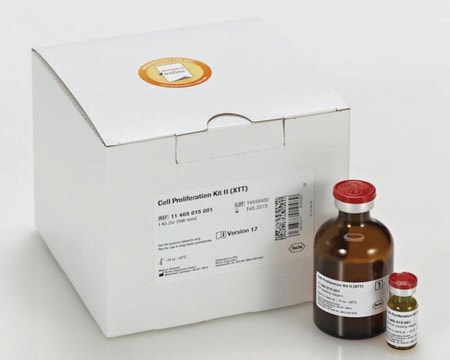94072246
RPMI 7932 cell line
94072246, human lung effusion, Epithelial-like morphology
About This Item
Empfohlene Produkte
product name
RPMI 7932 cell line,
Biologische Quelle
human lung (effusion)
Form
liquid
Wachstumsmodus
Adherent
Karyotyp
Not specified
Morphologie
Epithelial-like
Produkte
Plasminogen activator
Rezeptoren
Not specified
Methode(n)
cell culture | mammalian: suitable
Relevante Krankheit(en)
cancer
Versandbedingung
dry ice
Lagertemp.
−196°C
Ursprung der Zelllinie
Beschreibung der Zelllinie
Anwendung
Nährmedium
Subkultur-Routine
Sonstige Hinweise
Haftungsausschluss
Lagerklassenschlüssel
10 - Combustible liquids
WGK
WGK 3
Flammpunkt (°F)
Not applicable
Flammpunkt (°C)
Not applicable
Analysenzertifikate (COA)
Suchen Sie nach Analysenzertifikate (COA), indem Sie die Lot-/Chargennummer des Produkts eingeben. Lot- und Chargennummern sind auf dem Produktetikett hinter den Wörtern ‘Lot’ oder ‘Batch’ (Lot oder Charge) zu finden.
Besitzen Sie dieses Produkt bereits?
In der Dokumentenbibliothek finden Sie die Dokumentation zu den Produkten, die Sie kürzlich erworben haben.
Unser Team von Wissenschaftlern verfügt über Erfahrung in allen Forschungsbereichen einschließlich Life Science, Materialwissenschaften, chemischer Synthese, Chromatographie, Analytik und vielen mehr..
Setzen Sie sich mit dem technischen Dienst in Verbindung.